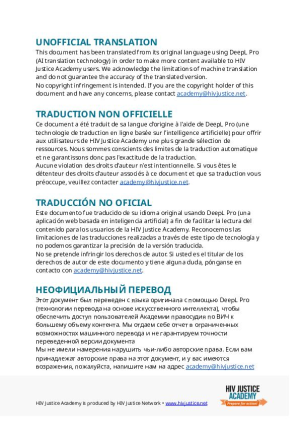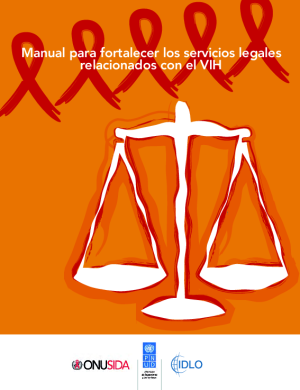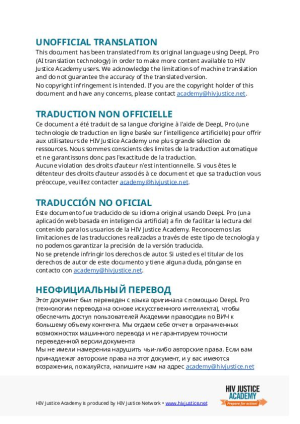OptTEST Hoja de Tips 1 – Principios sencillos para una campaña eficaz sobre cambios legislativos o reglamentarios
Consejos sobre cómo diseñar e implementar una campaña mediática exitosa para generar cambios legislativos.
Juicios Justos – Segunda edición
Este Manual pretende servir de guía práctica de las normas pertinentes de derechos humanos para todas aquellas personas que se ocupan de analizar en qué medida un proceso penal o sistema de justicia cumple las normas internacionales de justicia procesal. El propósito de la obra es que sea utilizada por quienes asisten a juicios en calidad de observadores y por quienes se ocupan de evaluar las garantías presentes en una causa concreta, así como por quienquiera que desee comprobar si el sistema de justicia penal de un país concreto garantiza el respeto de las normas internacionales para la celebración de juicios justos. También puede resultar útil a título orientativo o como instrumento de formación para legisladores, jueces, fiscales y abogados defensores.
Manual para fortalecer los servicios legales relacionados con el VIH
El manual está además destinado a funcionarios del gobierno, a donantes, proveedores y organizaciones de apoyo técnico, incluyendo financiadores y agencias de las Naciones Unidas y del Sistema Interamericano, que participan en la definición de servicios legales en el marco de las respuestas nacionales al VIH. Se incluyen los organismos de las Naciones Unidas que participan en la planificación de servicios legales como componente de las respuestas nacionales al VIH.
Dictamen seguido de recomendaciones sobre la penalización de la transmisión sexual del VIH en Francia
Presenta una evaluación de las cuestiones jurídicas, éticas, sociales y sanitarias que plantean los procesos penales iniciados en Francia por actos de transmisión o exposición al riesgo de transmisión sexual del VIH.
Este documento fue traducido de su idioma original usando DeepL Pro (una aplicación web basada en inteligencia artificial) a fin de facilitar la lectura del contenido para los usuarios de la HIV Justice Academy. Reconocemos las limitaciones de las traducciones realizadas a través de este tipo de tecnología y no podemos garantizar la precisión de la versión traducida.




